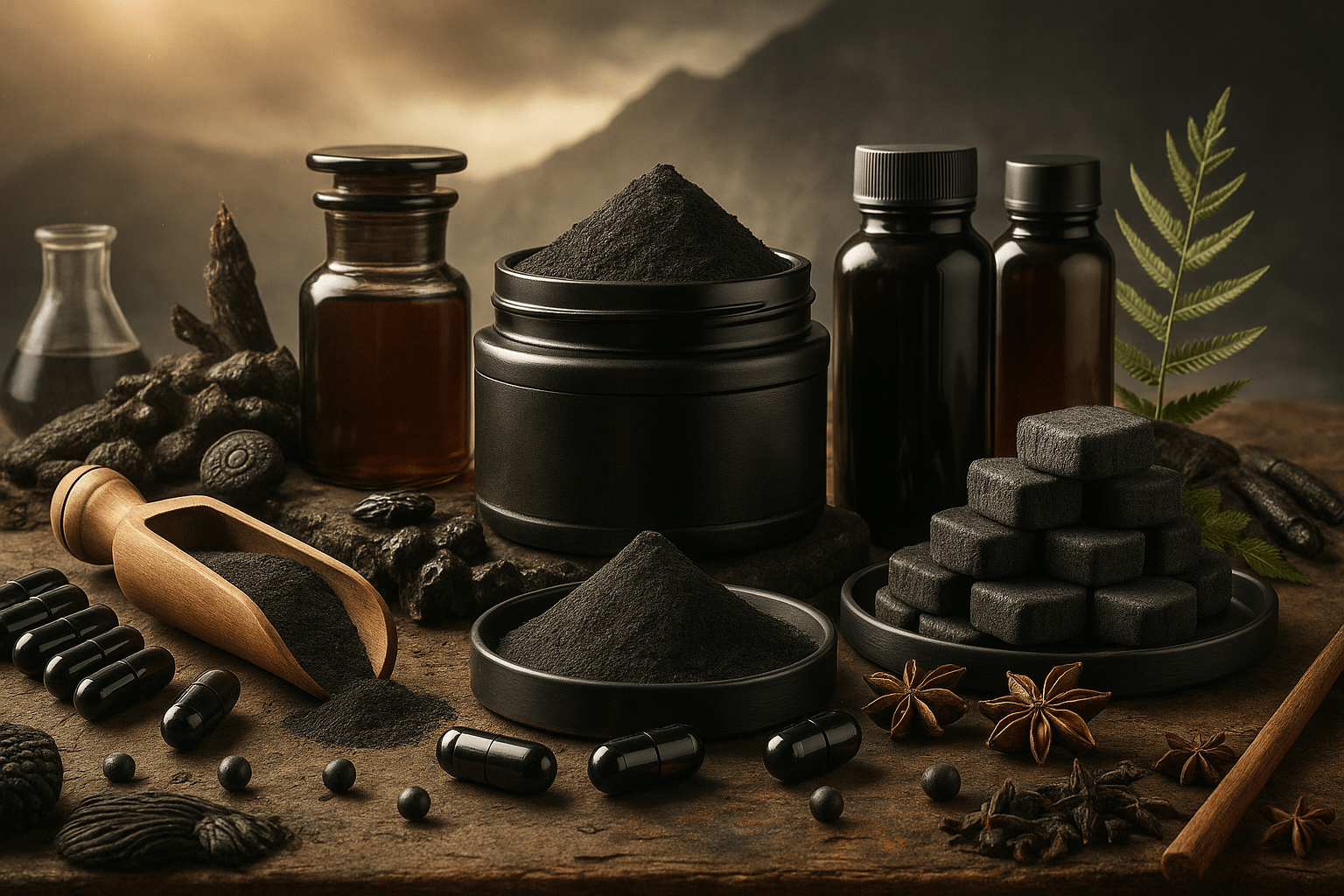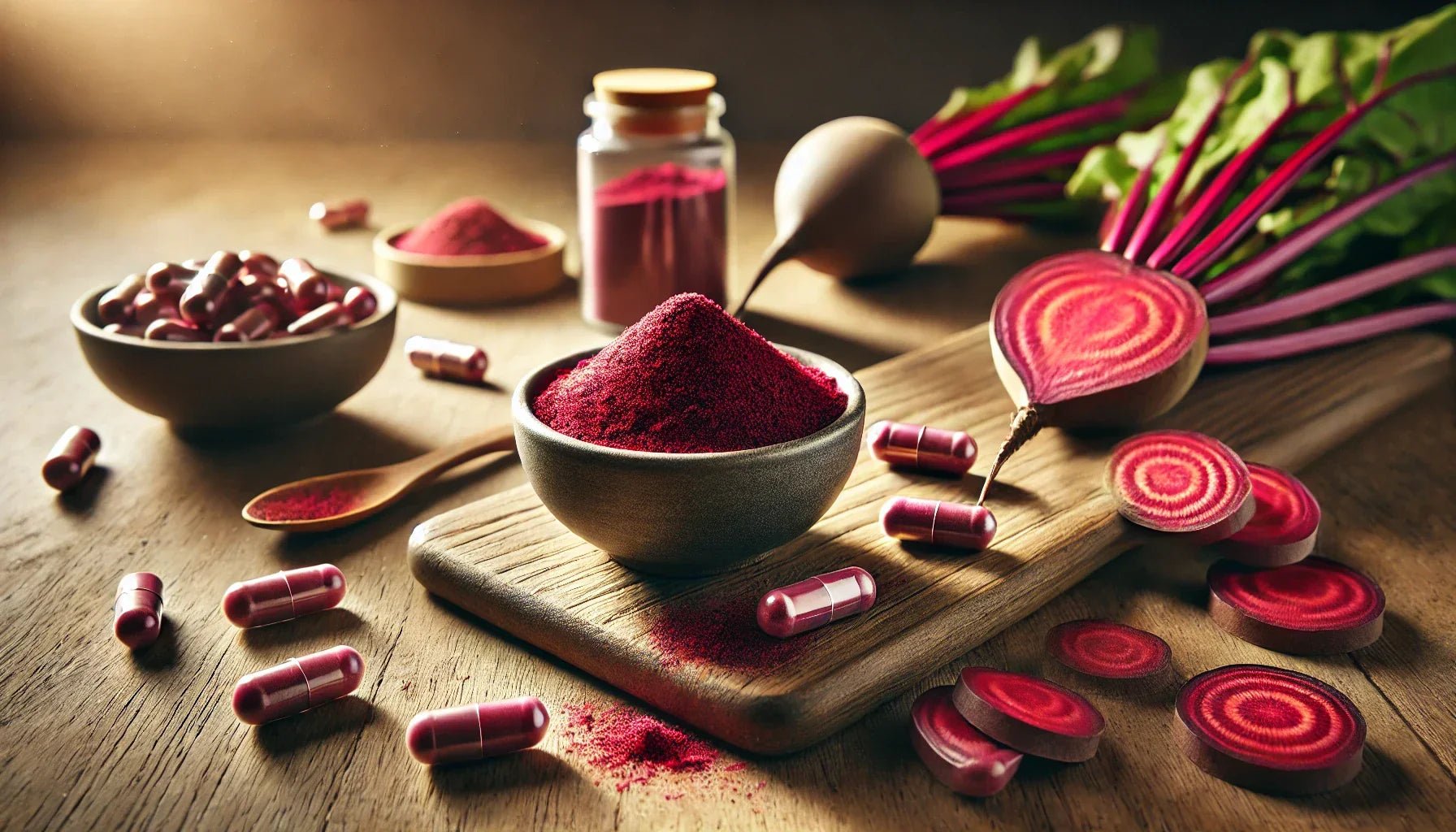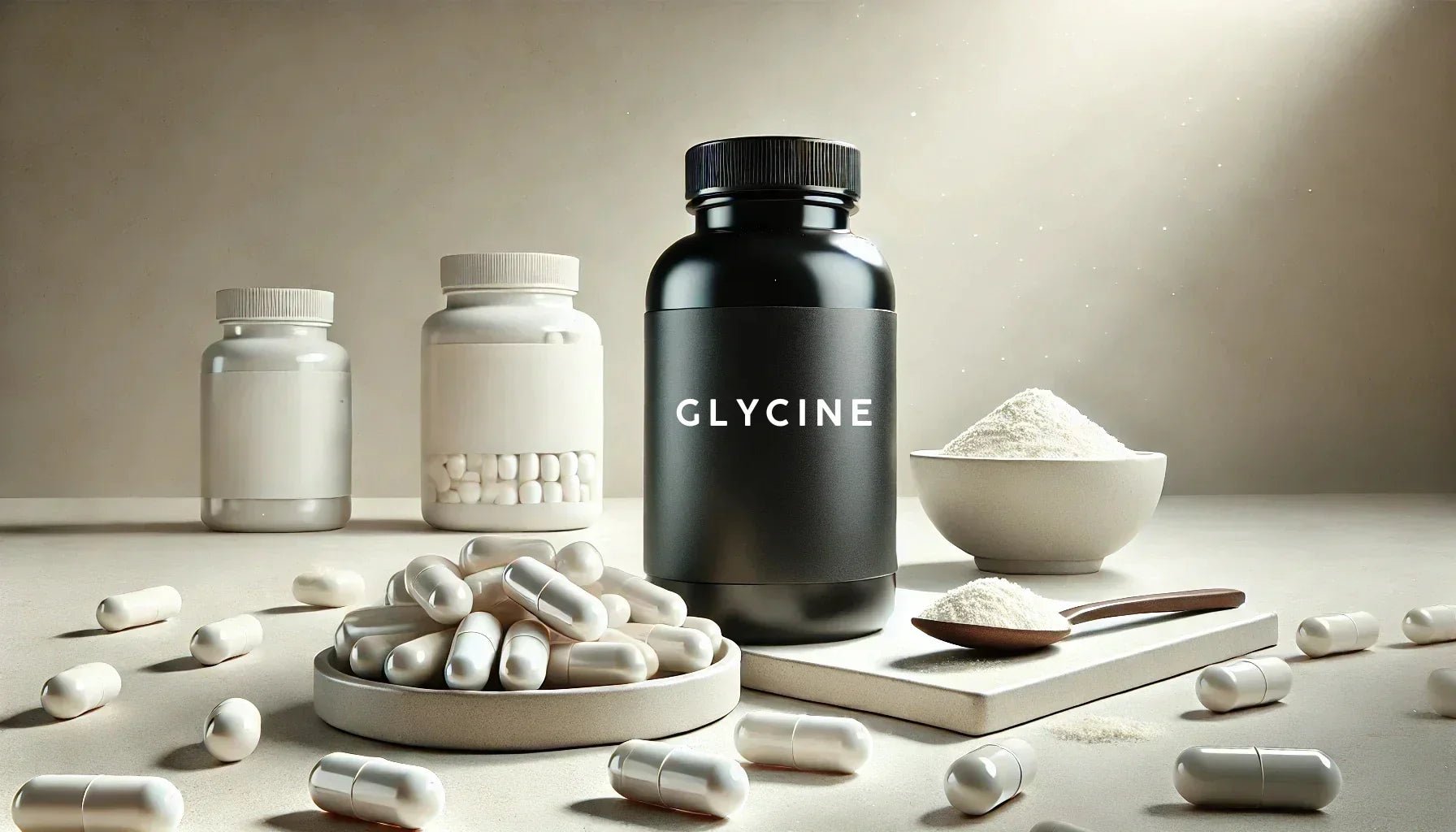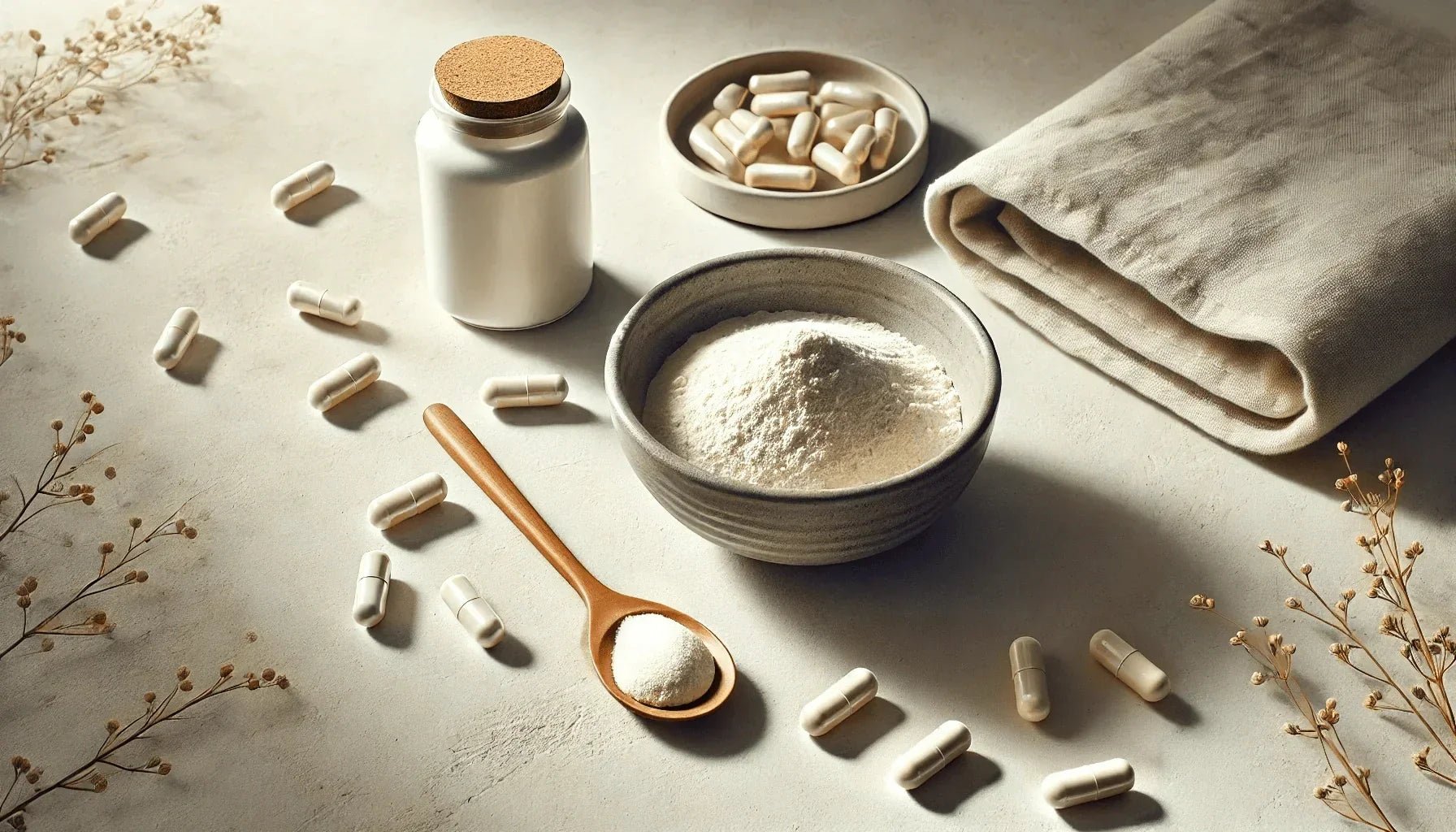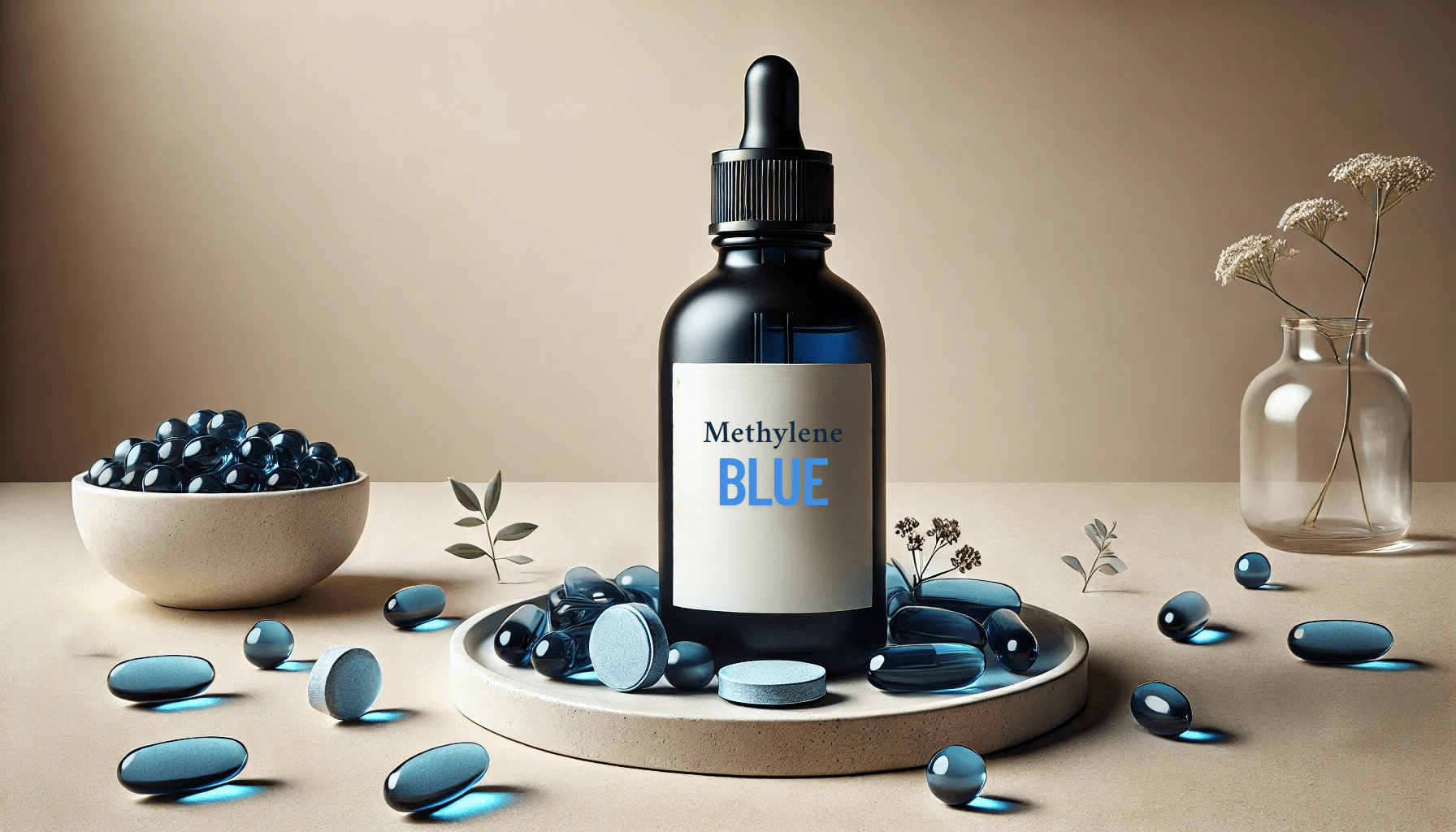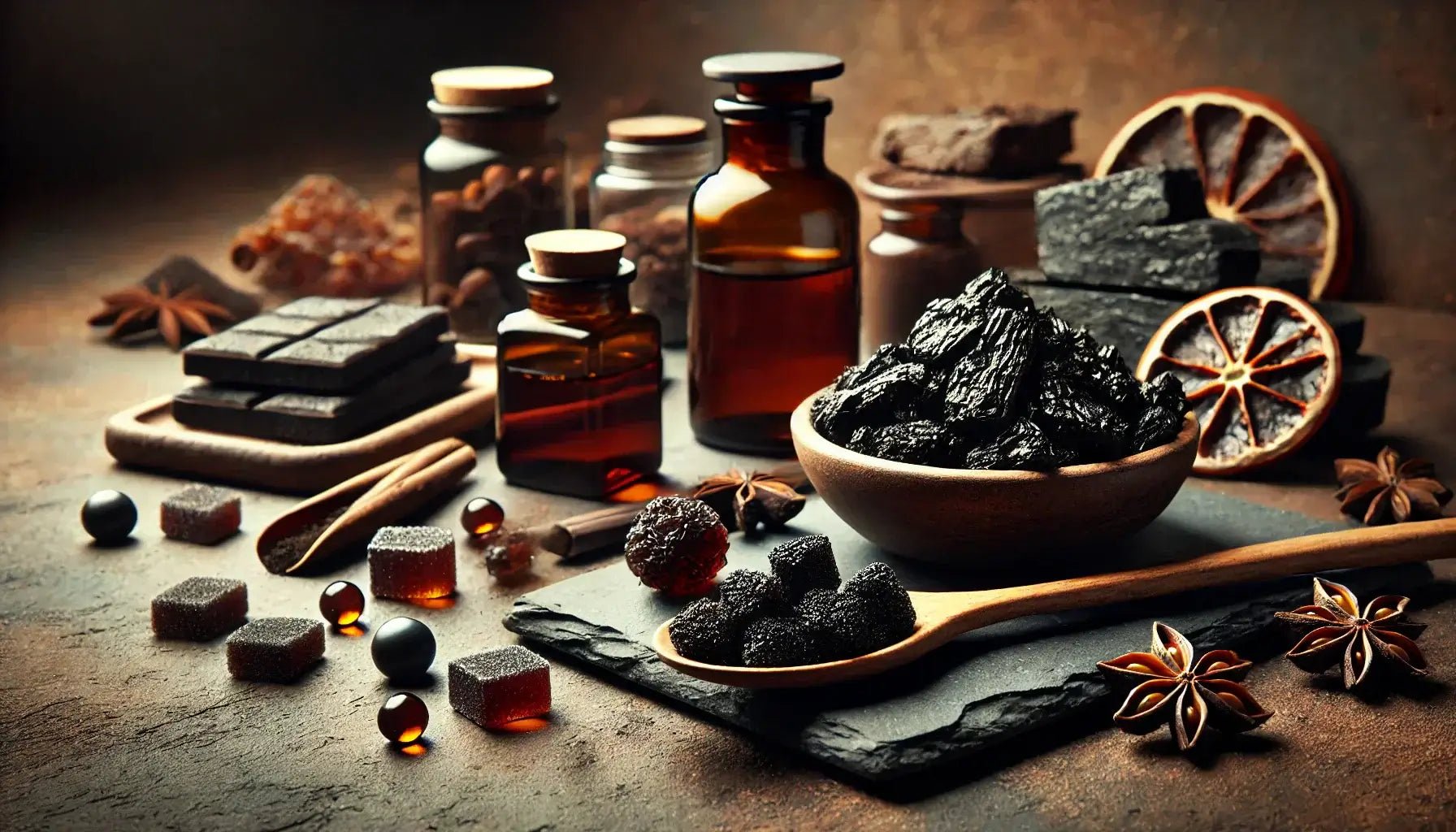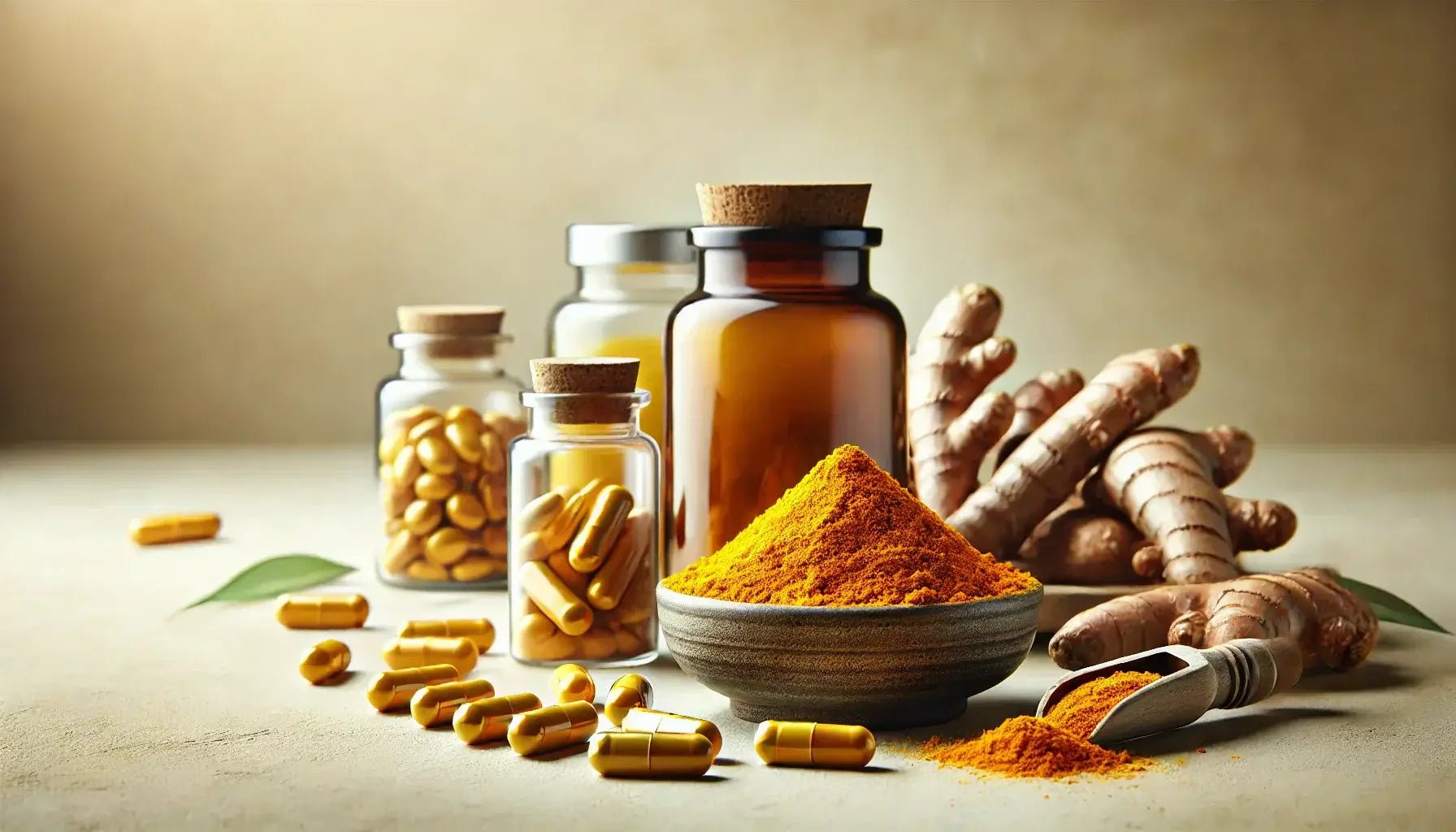If you’re on a journey to better health, you’ve probably seen Spirulina popping up everywhere—from green smoothies to energy bars and even skincare products. But what is Spirulina, and why has it become a staple in the world of superfoods? In this in-depth guide, we’ll explore everything you need to know about Spirulina: what it is, its science-backed benefits, how to use it, safety considerations, and why it’s one of the most searched-for supplements for energy, immunity, and weight management.
What is Spirulina?
Spirulina is a type of blue-green algae (technically, a cyanobacteria) that grows naturally in freshwater and saltwater lakes, ponds, and rivers. It has been consumed for centuries—most famously by the Aztecs in Mexico and communities around Lake Chad in Africa. Today, Spirulina is cultivated worldwide and is available as a powder, capsules, or tablets.
What sets Spirulina apart from other supplements is its remarkable nutrient density. Just a tablespoon (7 grams) of dried Spirulina contains:
- 20 calories
- 4 grams of protein
- 1 gram of fat (including omega-6 and omega-3 fatty acids)
- 2 grams of carbohydrates
- 14% of the Daily Value (DV) for thiamin (vitamin B1)
- 20% DV for riboflavin (vitamin B2)
- 6% DV for niacin (vitamin B3)
- 47% DV for copper
- 11% DV for iron
Spirulina also provides magnesium, potassium, manganese, and small amounts of almost every other nutrient you need.
It’s important to note that while Spirulina contains a compound similar to vitamin B12 (called pseudovitamin B12), it is not active in humans. Vegans and vegetarians should not rely on Spirulina as a sole source of B12.
Top Health Benefits of Spirulina
1. Complete Plant Protein for Energy and Recovery
Spirulina is considered a complete protein, meaning it contains all essential amino acids your body can’t produce on its own. In fact, protein makes up about 65-70% of Spirulina’s dry weight, making it one of the most protein-dense plant foods available. This makes Spirulina an excellent supplement for athletes, vegetarians, vegans, and anyone looking to boost energy, support muscle recovery, or balance their diet.
2. Rich in Antioxidants and Anti-Inflammatory Compounds
One of Spirulina’s most powerful components is phycocyanin, a unique antioxidant that gives Spirulina its vibrant blue-green color. Phycocyanin helps fight free radicals and reduce inflammation in the body. Chronic inflammation is linked to many diseases, including heart disease, diabetes, and cancer. Spirulina also contains other antioxidants like beta-carotene, vitamin E, and phenolic acids, which protect cells from oxidative stress and support healthy aging.
3. Immune System Support
Spirulina has been shown to enhance both innate and adaptive immunity. It stimulates the production of antibodies and infection-fighting proteins, helping your body ward off viruses and bacteria. Some studies suggest Spirulina can increase the activity of natural killer (NK) cells and boost the production of cytokines, which are crucial for a robust immune response. This makes Spirulina a popular choice during cold and flu season or for anyone looking to strengthen their immune defenses.
4. Heart Health and Cholesterol Management
Spirulina supports cardiovascular health in several ways. Research shows that it can help lower LDL (“bad”) cholesterol and triglycerides, while raising HDL (“good”) cholesterol. The protein in Spirulina reduces the absorption of cholesterol in the gut, while its antioxidants prevent the oxidation of cholesterol—a key factor in the development of atherosclerosis (hardening of the arteries). Spirulina may also help lower blood pressure by increasing nitric oxide production, which relaxes blood vessels and improves circulation.
5. Blood Sugar Regulation
Emerging evidence suggests Spirulina may help regulate blood sugar and improve insulin sensitivity. Some studies have found that taking Spirulina daily can lower fasting blood glucose levels and HbA1c (a marker of long-term blood sugar control) in people with type 2 diabetes. While more research is needed, Spirulina shows promise as a natural aid for metabolic health.
6. Supports Brain and Mental Health
Spirulina’s antioxidant and anti-inflammatory properties extend to the brain. Research indicates that Spirulina may protect neurons from oxidative damage, reduce neuroinflammation, and support cognitive function. Some studies have even suggested a neuroprotective effect, with potential benefits for memory, mood, and age-related cognitive decline.
7. Detoxification and Heavy Metal Binding
Spirulina contains chlorophyll and other compounds that can help detoxify the body by binding to heavy metals and toxins, aiding their removal. This is especially relevant for people exposed to pollutants or seeking to support liver health. Spirulina’s cleansing properties are one reason it’s often included in detox protocols and green juice blends.
8. Allergy Relief and Anti-Inflammatory Effects
If you suffer from seasonal allergies, Spirulina may offer relief. Research has shown that Spirulina can reduce symptoms like nasal discharge, sneezing, congestion, and itching in people with allergic rhinitis. Its anti-inflammatory action helps calm the immune response that triggers allergy symptoms.
9. Supports Weight Loss and Metabolism
Spirulina is low in calories but high in protein and nutrients, making it a smart addition to weight loss diets. Protein increases satiety and helps preserve muscle mass during calorie restriction. Some research suggests Spirulina may help reduce body fat percentage and waist circumference, especially when combined with healthy eating and exercise. Its effect on blood sugar and fat metabolism may also support weight management.
10. Boosts Exercise Performance and Recovery
Athletes and fitness enthusiasts are increasingly turning to Spirulina for its performance-boosting benefits. Studies show that Spirulina supplementation can improve endurance, reduce muscle damage, and enhance oxygen uptake during exercise. The combination of protein, B vitamins, and antioxidants helps support energy production and faster recovery.
Spirulina Nutrition: What’s Inside?
Spirulina is one of the most nutrient-dense foods on the planet. Here’s a closer look at what you get in just one tablespoon (7g) of dried Spirulina:
- Protein: 4g (complete with all essential amino acids)
- Iron: 11% DV (non-heme, plant-based iron)
- Copper: 47% DV
- Vitamin B1 (Thiamin): 14% DV
- Vitamin B2 (Riboflavin): 20% DV
- Vitamin B3 (Niacin): 6% DV
- Magnesium, potassium, manganese, calcium, and more
- Chlorophyll, phycocyanin, beta-carotene, and other antioxidants
Spirulina is naturally low in calories, fat, and carbohydrates, making it ideal for nutrient-dense diets.
How to Use Spirulina: Dosage, Tips, and Recipes
Spirulina is available in several convenient forms:
- Powder: The most versatile form; can be added to smoothies, juices, yogurt, or energy balls.
- Tablets/Capsules: Easy for travel or those who dislike the taste.
- Flakes: Sometimes used as a topping for salads or soups.
Recommended Dosage: Most studies use 1-3 grams per day, but doses up to 10 grams are considered safe for most people. Start with a small amount (½-1 teaspoon powder or 2-3 tablets) and gradually increase as tolerated.
How to Take Spirulina:
- Add a teaspoon of Spirulina powder to your morning smoothie for an energy boost.
- Mix Spirulina into homemade energy bars, bliss balls, or green juices.
- Sprinkle flakes over salads or avocado toast for a nutrient punch.
- Take tablets or capsules with water, following label instructions.
Pro Tip: Spirulina has a strong, earthy taste that some people find intense. Pair it with citrus, pineapple, or banana in smoothies to mask the flavor. Always store Spirulina in a cool, dark place to preserve its nutrients.
Spirulina for Weight Loss: What Does the Science Say?
One of the most common questions about Spirulina is whether it can help with weight loss. The answer: Spirulina can be a helpful addition to a weight loss plan, but it’s not a magic bullet.
Here’s why Spirulina supports healthy weight management:
- High protein content: Increases satiety, helping you feel full longer and reducing cravings.
- Low in calories: Adds nutrients without adding significant calories.
- Supports metabolism: B vitamins and antioxidants help convert food into energy and support fat metabolism.
- Blood sugar regulation: May help prevent spikes and crashes that lead to overeating.
Some studies have found that Spirulina supplementation can reduce body fat percentage and waist circumference, especially in people with overweight or obesity. However, the best results come from combining Spirulina with a balanced diet and regular exercise.
Spirulina and Energy: How Does It Work?
Spirulina is often marketed as a natural energy booster—and for good reason. Its high protein, B vitamins, iron, and antioxidants support cellular energy production and oxygen transport. Unlike caffeine or sugar, Spirulina provides steady, sustained energy without jitters or crashes.
Spirulina’s iron content is especially helpful for people with low energy due to iron deficiency. Iron is essential for making hemoglobin, the protein that carries oxygen in your blood. More oxygen means better endurance and less fatigue.
Many athletes and busy professionals use Spirulina for a natural, nutrient-dense energy boost that supports both performance and recovery.
Spirulina for Immunity: Nature’s Defense Booster
Spirulina’s immune-boosting properties are well-documented. It stimulates the production of antibodies, infection-fighting proteins, and other immune cells. Spirulina also enhances the activity of natural killer (NK) cells, which are crucial for defending against viruses and abnormal cells.
Some research suggests that Spirulina can help reduce the duration and severity of colds, flu, and other infections. Its anti-inflammatory and antioxidant effects also help calm the immune response and reduce the risk of chronic inflammation.
Spirulina for Detox and Cleansing
Spirulina is rich in chlorophyll, which helps cleanse the body by binding to heavy metals and toxins and supporting their removal. This detoxifying effect makes Spirulina a popular addition to juice cleanses and detox diets. Spirulina also supports liver health and may help reduce liver fat and damage in people with liver conditions.
Spirulina and Brain Health
Recent studies highlight Spirulina’s neuroprotective effects. Its antioxidants help protect brain cells from oxidative stress, while its anti-inflammatory compounds reduce neuroinflammation. Some research even suggests benefits for memory, mood, and cognitive function, making Spirulina a promising supplement for brain health at any age.
Spirulina for Skin, Hair, and Nails
Spirulina’s nutrient profile makes it a beauty superfood as well. Its protein, iron, and B vitamins support healthy hair growth and strong nails. Antioxidants like beta-carotene and vitamin E protect skin from free radical damage, while chlorophyll helps detoxify and clear the complexion. Some people even use Spirulina in DIY face masks for a natural glow.
Is Spirulina Safe? Side Effects and Precautions
Spirulina is generally considered safe for most people when taken as directed. However, there are a few things to keep in mind:
- Source matters: Always choose Spirulina from reputable brands that test for heavy metals, toxins, and contaminants. Wild-harvested Spirulina can be contaminated with harmful substances.
- Possible side effects: Some people may experience mild digestive upset, such as nausea or diarrhea, especially at high doses.
- Allergies: Rare, but possible. Discontinue use if you notice any allergic reactions.
- Autoimmune conditions: Spirulina may stimulate the immune system, so consult your doctor if you have an autoimmune disorder.
- Pregnancy and breastfeeding: There is limited research on Spirulina’s safety during pregnancy and breastfeeding. Consult your healthcare provider before use.
Frequently Asked Questions About Spirulina
Is Spirulina good for weight loss?
Spirulina can support weight loss by increasing satiety, supporting metabolism, and providing nutrients without excess calories. For best results, use Spirulina as part of a balanced diet and exercise plan.
How much Spirulina should I take daily?
Most people benefit from 1-3 grams per day. Higher doses (up to 10 grams) are considered safe for most, but start low and increase gradually.
Can Spirulina help with allergies?
Yes, research suggests Spirulina can reduce symptoms of allergic rhinitis, such as sneezing and congestion, thanks to its anti-inflammatory effects.
Does Spirulina give you energy?
Spirulina supports steady energy thanks to its protein, B vitamins, and iron. It’s a great alternative to stimulants like caffeine.
Is Spirulina safe for everyone?
Spirulina is safe for most people, but consult your doctor if you are pregnant, breastfeeding, have autoimmune conditions, or take medications.
Can I take Spirulina with other supplements?
Yes, Spirulina pairs well with most vitamins and minerals. However, always check with your healthcare provider to avoid potential interactions.
How to Choose the Best Spirulina Supplement
Not all Spirulina supplements are created equal. Here’s what to look for:
- Source: Choose Spirulina grown in clean, controlled environments to avoid contamination.
- Testing: Look for third-party testing for heavy metals, toxins, and purity.
- Form: Pick the form (powder, tablet, capsule) that fits your lifestyle.
- Organic certification: Organic Spirulina is less likely to contain pesticides or contaminants.
- Reputation: Buy from reputable brands with transparent sourcing and quality control.
Spirulina Recipes and Creative Uses
Ready to try Spirulina? Here are some easy ways to add it to your routine:
- Green Smoothie: Blend 1 teaspoon Spirulina powder with banana, pineapple, spinach, and coconut water.
- Energy Balls: Mix oats, dates, almond butter, and Spirulina powder; roll into balls and chill.
- Superfood Yogurt: Stir Spirulina into Greek yogurt with berries and honey.
- Salad Dressing: Whisk Spirulina powder with olive oil, lemon juice, and herbs for a nutrient boost.
- Homemade Face Mask: Mix Spirulina powder with honey and yogurt for a glowing complexion.
Conclusion: Should You Try Spirulina?
Spirulina is more than just a trend—it’s a nutrient powerhouse with a long history of use and a growing body of scientific support. Whether you want to boost your energy, support immunity, manage your weight, or simply add more nutrition to your diet, Spirulina is a safe and effective choice for most people.
As with any supplement, quality and consistency matter. Choose a reputable brand, start with a small dose, and listen to your body. With regular use, you may notice more energy, better digestion, stronger immunity, and a greater sense of well-being.



